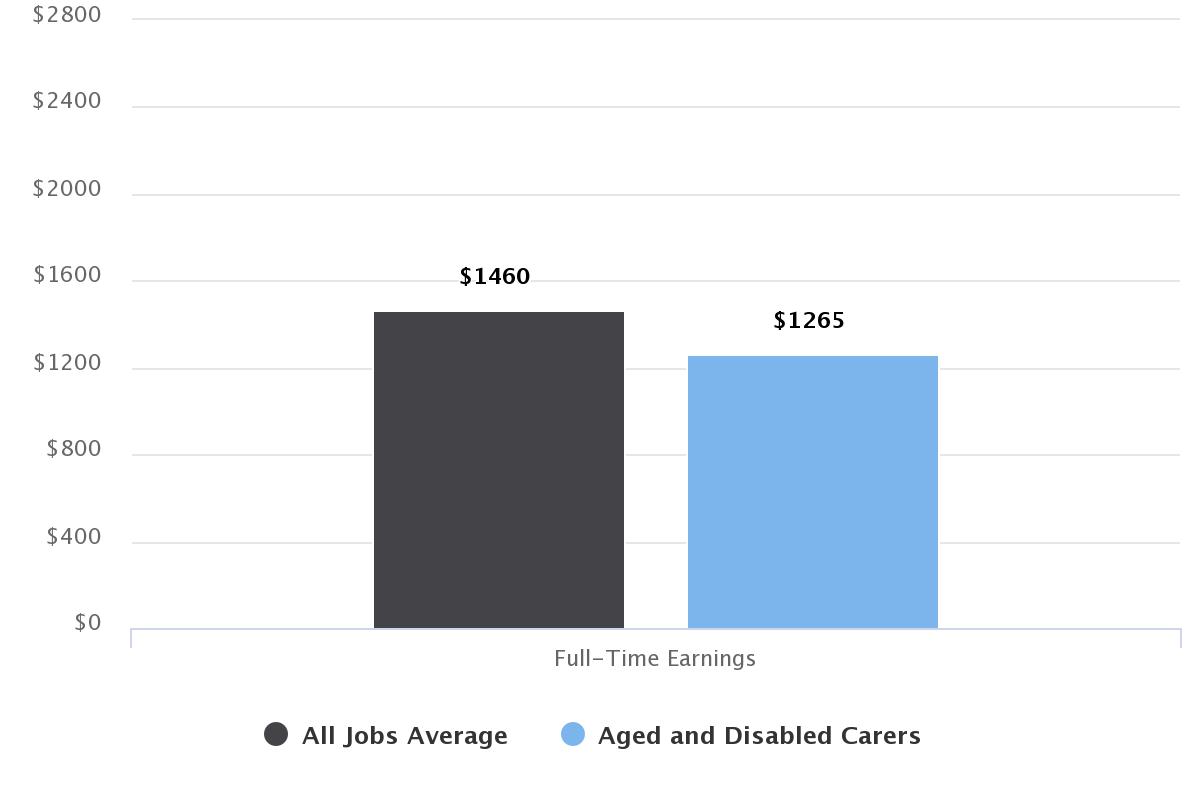
Who can get for a disability? Most people with disabilities do not have health insurance. Three main sources of medical care are available for people with disabilities: Medicaid, Medicare, and SSI. Medicare provides major medical care for the disabled. Senior citizens can also receive disability insurance benefits.
Benefits of Home Health Care Services for Seniors
NDIS Armadale care Supplement Plans can be bought for senior citizens who aren’t covered by Medicaid. Medicaid may be able to pay for some or all of your medical care expenses. Talk to your medicaid consultant if you are covered by a Medicare Supplement plan. Medicare will pay for some of your medical expenses, up to a maximum. Talk to a medicaid advisor to find out what Medicare covers for your particular situation.

Benefits of Home Health Care Services for Seniors
If you are interested in Medicaid, it is important to understand how it works. Medicare supplements are available if you don’t have Medicare. They provide medical care to you or a disabled individual. Your Medicare status will determine how extensive and high-quality your care is. Disabilities do not qualify.
Benefits of Home Health Care Services for Seniors
Medicare is a compromise between what type of health care is needed for old and disabled individuals. Medicare provides medical care to people who are unable to work. Medicare does not cover health care costs for those under 65. Medicare Part A and Part B guarantee health coverage for certain categories of persons, but they don’t cover disabilities. These programs are administered state-by-state.
Medicare Part D covers some of the cost of certain prescription medications for chronic or long-term conditions. Medicare Part A generally covers hospital care for those who are permanently disabled or have medical conditions. The majority of Medicare coverage provisions do NOT apply to medical care for disabled people. Medicare supplement insurance acts as income replacement.
Depending on your circumstances, there may be exceptions or limitations. You may be eligible to receive medical care for the current and future needs of your child, spouse or parent, as well as for your child with a disability. However, there are limits to how much Medicaid and/or Medicare will pay for each specific need. Medicare coverage is also dependent on your current living circumstances, including whether or not you are covered under Medicare Part A or B.
Some disabled people require specialized assistance at home. In-home care is available for many people with disabilities. In-home assistance is providing personal assistance to the disabled person in order to allow them to live independently. You can also get home health aide services through long-term care facilities.
Senior citizens 65 years and older may need assistance with daily living, long-term care, or durable medical equipment. Elderly homeowners often have difficulty maintaining their home and may need extra assistance. Senior independent living, which is an assisted living facility for seniors, is one type of solution.
While in-home medical care can be difficult for seniors, there are many ways you can ensure your loved ones receive the best possible care. The elderly can take care of their daily needs by providing them with appointments. They can also do things like dressing, eating, exercise, and walking alone. Sometimes, however, the senior in home is unable or unwilling to take care of himself/herself and will need to rely on the family to help with the few bathroom visits.
In-home medical and nursing care for disabled people is very beneficial for both the elderly as well as the people who depend on it. The services provided by the in-home medical care include assistance with dressing, washing, toileting, and other tasks. It gives the disabled people a sense of independence, and it is much easier for them to maintain a sense of self-worth when they know they can rely on their families to look after them.
If you have a family member who has certain disabilities, you may want to consider having them admitted into a nursing home where they will have consistent access to medical care. Nursing homes provide residents with consistent, timely medical care and other services that make their lives easier. Part-time or full-time nursing homes are available for disabled people who need continuous medical care. The disabled person can rest assured knowing that they have access to a full staff of doctors, nurses, therapists, and other medical personnel. Even if a single nurse is needed to assist the person with daily living, they will feel respected and treated with dignity.
You can also hire a home health assistant to provide home care services for the elderly. This person is trained in helping the elderly at home with their daily needs, such as bathing, dressing and using the toilet. This person will take care of all tasks for the elderly, even if they require more than one person to assist them. This is a great option to help a loved one who cannot travel home but is in need. The senior will be able to provide consistent and reliable service, as long they are able make daily house visits.
